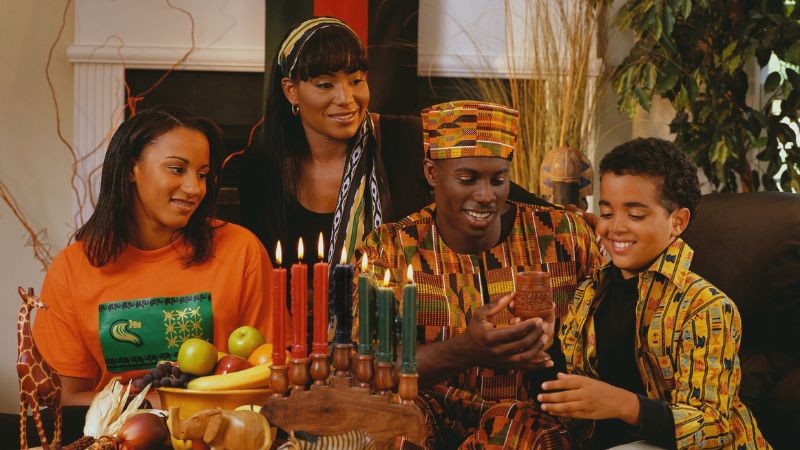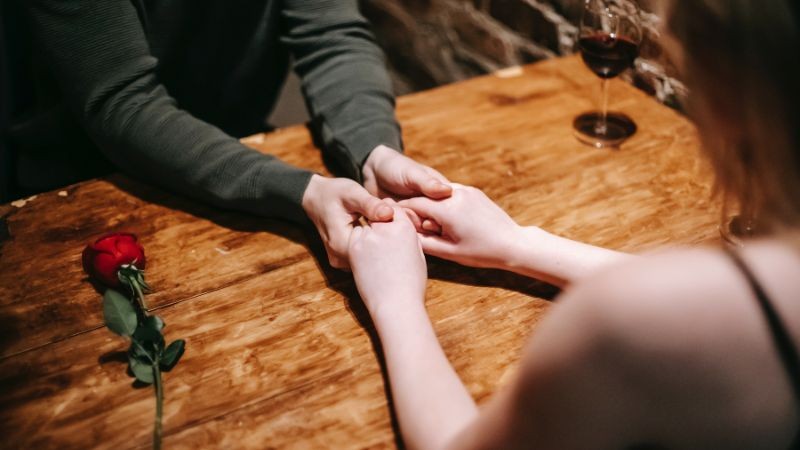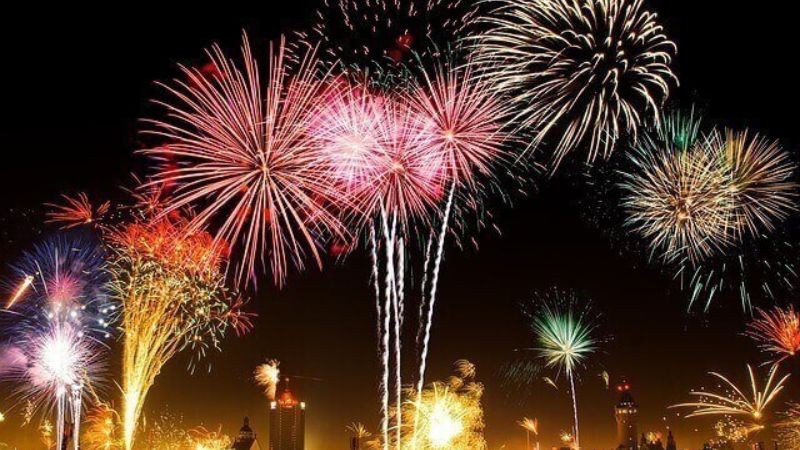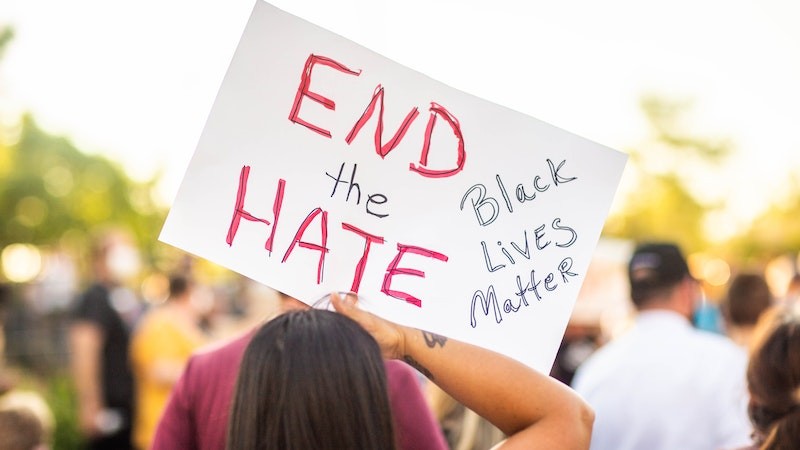
What is Kwanzaa?
Kwanzaa, an African-American celebration of life and a time of learning, sharing, family, and merrymaking. It emphasizes the significance of the African-American or Pan-African family and their social values. It simultaneously honors African heritage in the U.S.
Kwanzaa - All Quick Overview
- Time / Date: December 26 to January 1
- Category: Festival
- Where It’s Marked: The United States of America
- Why It’s Marked: The holiday celebrates the Black heritage of the United States of America.
History of Kwanzaa
The festival of the Pan-African people got its name “Kwanzaa” from “Matunda Ya Kwanza,” a Swahili phrase which means first harvest or first fruits of the crop. Dr. Maulana Karenga, a scholar, activist, professor, and chairman of African Studies at California State University, created the festival in 1966. So, the holiday is relatively newer than other holidays in the United States.
Dr. Karenga created this holiday in response to theWatts Riots in 1965in Los Angeles to introduce Nguzo Saba and bring African-Americans together as a community. He thought Christmas was a “White” religious celebration and Black people should boycott it. So he tried to replace Christmas with Kwanzaa. But later, when Kwanzaa gained fame among many, he changed his thinking and included practicing Christians so they wouldn’t be alienated.
The week honors the Black culture, nature, family, ancestors, and history. He fitted celebrations of African harvest festivals and festivals like Ashanti and Zulu into Kwanzaa week.
Dr. Karenga included poetry, dancing, singing, feasting, storytelling, and drumming in the celebration to make ways for people to enjoy themselves together. He also made seven principles to be discussed throughout the Kwanzaa week.
Do you know what these seven principles represent? They represent the seven values of African culture (Nguzo Saba), helping to form a foundation and reinforce togetherness in African-American communities.
Each day of the week, a candle is lit, and everyone discusses a different principle. It helps remember the unity and bond among the community and strengthens it.
How to Celebrate Kwanzaa Week
Kwanzaa is a week full of colors, learning, and appreciation. Some people also call it similar to Thanksgiving. Each day requires the lighting of a candle, and the final day features a large feast and gift-exchanging ceremony.
Kwanzaa traditions that everyone follows are:
- The table is set up with a green colored tablecloth, and on top, Mkeka, a straw or woven mat symbolizing the historical basis of African ancestry, is placed to honor the ancestors.
Moreover, Mazao (a bowl with crops or fruits), Mishumaa Saba (seven candles representing Nguzo Saba), Kinara (a candle stand with seven prongs), Muhindi (ears of corn), Zawadi (gifts for children), and Kikombe cha Umoja (a unity cup)are placed on Mkeka.
- The seven-colored candles symbolize the seven root values of Kwanzaa. Lighting the candles is a crucial tradition in Kwanzaa. Do you know there’s a proper way to choose and even light the candles? If you don’t, let us guide you through it.
One black candle in the middle of the Kinara represents the rich African culture and people; three red candles on the left to struggle, and three green candles on the right symbolize hope.
On the first day of the celebration, light up the black candle; on the second day, light a red candle; and on the third day, light a green candle. Until the celebration ends, the candles get lit alternatingly.
- You and your whole family can enjoy making flags of African tribes and decorating the house with them. It will bring joy to your kids and give you some bonding time. Moreover, decorate your house with symbols of Kwanzaa, such as Nguzo Saba posters, corn, harvest crops, etc.
- Greet everyone in Swahili by saying “Habari Gani,” which means “What’s the news?” If someone greets you, reply to them using the principles of the day.
“Umoja”(Unity) for December 26, “Kujichagulia”(self-determination) for December 27, “Ujima”(responsibility) for December 28, “Ujamaa”(cooperative economics) for December 29, “Nia”(purpose) for December 30, “Kuumba”(creativity) for December 31 and lastly, “Imani”(faith) for January 1.
Non-African-Americans can also greet their friends, saying, “Joyous Kwanzaa.”
- Discuss the seven principles of Kwanzaa and how people have included them to become better than the previous year.
- Prepare a fantastic meal for the Karamu feast on the 6th day of Kwanzaa. Reach into your African heritage for unique recipes and make a meal for the whole family to share. The feast represents the blessing of the harvest. All the celebrators share a drink from the Kikombe cha Umoja during the feast.
- Throughout Kwanzaa week, you can be involved in many fun activities, such as singing, dancing, and drumming. You can also engage in the storytelling of the Black culture and history. Celebration of Kwanzaa welcomes any artistic or creative approach.
- Give children thoughtful and artistic gifts on the day of Kuumba. The gifts are usually exchanged between parents and children to help encourage the kids’ artistic nature.
- Although Kwanzaa isn’t a religious festival, you can always reflect on what you believe in. The last day “Imani,” is used to think about the previous year, the decisions one has made, and what one has learned. People also remember their ancestors on this day.
Countries That Observe Kwanzaa
Kwanzaa is mainly for African-Americans and is celebrated only in the United States. But with time, the celebration spread to other countries like Canada and the Caribbean regions.
Interesting Facts About Kwanzaa
Thousands of people in the U.S. celebrate Kwanzaa yearly. The festival is beautiful in its way, and there are many interesting facts you might not know.
Let’s go through some.
- Dr. Maulana Karenga added an extra “a” in kwanza simply to help seven children who wanted to represent a letter at the first Kwanzaa celebration.
- Homemade presents and cards are preferable gifts to give to avoid over-commercialization.
- The U.S. presidents wish everyone a joyous Kwanzaa despite not observing the holiday themselves. Along with Barack Obama, Bill Clinton and George W. Bush also wished the nation a Happy Kwanzaa during their office hours.
- Kwanzaa has its stamp made by the U.S. Postal Service in 1997.
- Although African festivals inspired the idea of Kwanzaa, the holiday itself is American-invented.
- Dr. Karenga wrote an official book on celebrating Kwanzaa named “Kwanzaa: A Celebration of Family, Community, and Culture.” There is also an official website for it.
- The creator of Kwanzaa, Dr. Maulana Karenga, was accused of beating and torturing women, thinking they were trying to poison him. He got convicted of false imprisonment and felony assault, serving four years in jail. After his release, he stepped back from the Black Nationalist movement and invested all his time in making Kwanzaa available for all African-Americans.
- Kwanzaa's popularity gradually decreased after the court case of the creator. In 2012, only 2% of African-Americans celebrated Kwanzaa in the U.S.
Unique Kwanzaa Celebration Ideas
Kwanzaa doesn’t have to be the same all the time. You can mix some activities of your own as long as they are fun to enjoy.
- Arrange and play Kwanzaa-themed games, such as Mancala and Myrshim.
- Attend a virtual or local Kwanzaa festival.
- Purchase artful gifts from black-owned businesses.
- Teach your kids how to play drums.
Kwanzaa Quotes
If you are planning to wish your family and friends a happy Kwanzaa but can’t find any good quotes, we have some you might like.
“Let the candles of Kwanzaa light the past, the present, and the future ahead.”
“Your spirit shines as bright as the Kinara!”
“Celebrating the light you bring to this world and all the lives you’ve touched.”
FAQ
1. Why is Kwanzaa celebrated for seven days?
Kwanzaa celebration is modeled after the harvest festival of Umkhosi of Zululand, which has seven days.
2. Can people celebrate Kwanzaa and Christmas?
Kwanzaa isn’t an alternative to anyone’s religion, so people can and have been celebrating both simultaneously.
3. Why do people drink from a communal cup on Kwanzaa?
To honor the ancestors who have fought and made the Black culture significant.
Kwanzaa Observances
| Year | Weekday | Date | Name | Holiday Type |
|---|---|---|---|---|
| 2023 | Tue | 26 Dec | Kwanzaa | Non Public |
| 2024 | Thu | 26 Dec | Kwanzaa | Non Public |
| 2025 | Fri | 26 Dec | Kwanzaa | Non Public |
| 2026 | Sat | 26 Dec | Kwanzaa | Non Public |
| 2027 | Sun | 26 Dec | Kwanzaa | Non Public |
We constantly update the dates of holidays that keep changing every year. However, while we revise and change some dates to be accurate, if you find any errors, kindly inform us . That will mean a lot to us.



